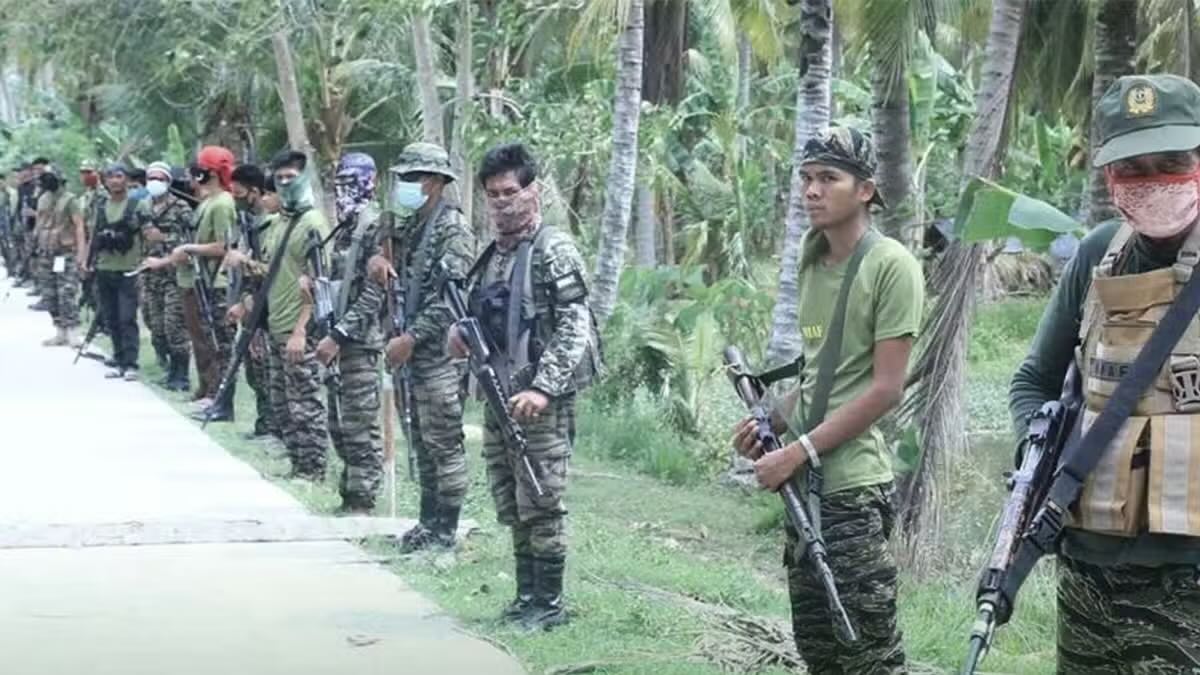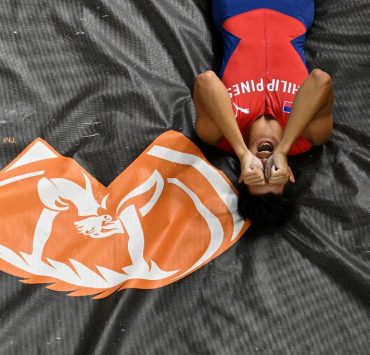Bangsamoro democratic transition in full steam

ILIGAN CITY—Since joining the Moro revolution, Badrudin Dalid, now in his late 50s, never cared about having a birth certificate, hence, he and his family had difficulty accessing services and availing of social development programs of the government.
He had to hide his identity from authorities through many aliases he used in public as, he said, what was important was “winning the fight for the Bangsamoro homeland.”
With the rebellion over and peace beginning to take hold through the Comprehensive Agreement on the Bangsamoro inked by the government and the Moro Islamic Liberation Front (MILF) in March 2014, Badrudin and other former fighters revealed their true identities so they could be listed into the country’s civil registry.
With this, the decommissioned combatants and their eligible family members have also become registered voters, now having a say, through the ballot, on the future of their respective community and the region.
First-time voters
Many of them will troop to the polls for the first time in May 2025 for the first-ever parliamentary elections of the Bangsamoro Autonomous Region in Muslim Mindanao (BARMM) where 16 regional parties will vie for seats in the 80-member regional legislature through a system of voting unique from the usual election process for national and local elective officials.
President Marcos, who faces the people on Monday for his third State of the Nation Address, is credited with guiding the MILF, which holds the BARMM’s interim leadership with Murad Ebrahim as Chief Minister, into preparing the region’s path to democratic transition.
When he assumed office two years ago, the institutional life of the Bangsamoro Transition Authority (BTA), the BARMM’s interim government created in 2019, had just been extended by another three years.
He used this as an opportunity to reorganize the BTA such that its membership, all presidential appointees, give importance to the voices of all Moro revolutionary factions as well as other stakeholders like the Christian settlers and non-Moro indigenous peoples.
Hence, when Mr. Marcos spoke during the inaugural of the second BTA on Sept. 15, 2022, the leaders of the Moro revolution were brought under one house, that is, the MILF and the Moro National Liberation Front factions led by Muslimin Sema and Nur Misuari.
The son rises
In a twist of fate, the son and namesake of dictator Ferdinand Marcos Sr., whose government they fought against in the 1970s, ushered them into the common cause of building the democratic moorings of Bangsamoro autonomy.
On the same occasion, the President gave a firm instruction for the BTA to ensure that the regional elections will proceed in 2025 so that the BARMM, which encapsulates the self-governance dream of the Moro people, attains public legitimacy.
To his credit, Ebrahim was able to rally his Cabinet, and the parliament, led by Speaker Pangalian Balindong, to firm up the Bangsamoro Electoral Code (BEC) and the measure creating parliamentary districts, which completed the preparations for the highly awaited conduct of the regional polls next year.
Apart from providing for a system of voting, the BEC also included provisions that attempts to curtail the growth of political dynasties as well as provides for the growth and development of principled political parties such as penalizing “turncoatism” and ensuring greater political participation of women.
Amid this rosy political picture, major security challenges confront the region, especially in the run-up to the historic elections in 2025.
Violence, crimes
The conflict watchdog Council for Climate and Conflict Action Asia (CCAA) noted rising incidence of violence in the region in May compared to that of the first five months of this year.
Skirmishes related to clan feuding, infighting among MILF members, and the military’s hunt against extremist groups have led to displacement of people from their homes and communities, especially around the Ligawasan Marsh in Maguindanao, the CCAA noted.
“Shooting incidents were also a cause for concern in the Bangsamoro region, with at least 31 occurring during the month, leaving at least 25 dead and five injured. More cadavers were found dumped in various locations, a growing feature in violent incidents in BARMM. Many of the shooting victims appeared to have been summarily executed,” the group said, citing the incidents captured through its Critical Events Monitoring System.
CCAA also noted the increase in volume of illicit drugs traded in the region. From at least P64.7 million worth of illegal drugs seized from February to April, the amount of meth seized in May was worth P185.5 million, it said, noting that at least one suspect was found to have links to the terrorist group Daulah Islamiyah.
“A year ahead of the first Bangsamoro parliamentary elections in May 2025 has seen a remarkable rise in deadly violence. The conflict-to-peace transition has not alleviated the fears of communities in the Bangsamoro … Will the Bangsamoro Transition Authority be able to provide its people with security as it prepares to hand over the reins of government to the region’s first elected Parliament?” CCAA asked. —WITH REPORTS FROM EDWIN O. FERNANDEZ

















